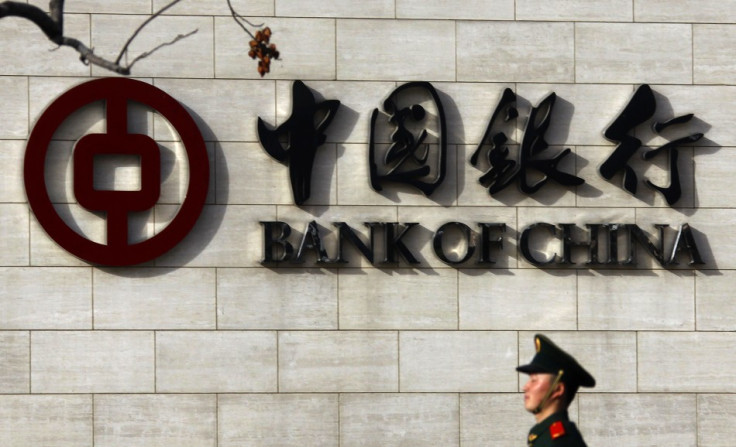Bank of China Shrouded in Mystery: The Least Transparent Global Corporation
Nearly half of the global companies do not disclose their political contribution.

The Bank of China is the least transparent organisation in the world, according to the latest report released by the watchdog Transparency International.
The report, titled Transparency in Corporate Reporting: Assessing the World's Largest Companies,was released on Tuesday; it analyses 105 of the topmost multinational companies across the world.
According to the study, the Bank of China has zero percent transparency while reporting on anti-corruption programmes and receives a rating of 1.1 out of 10.
The report indicates that organisations across the world need to improve their transparent mechanisms while reporting on their operations.
"Multinational corporations can and must play a significant role in the global fight against corruption. As the world continues to recover from the deep economic pain of 2008, the leadership at more companies must commit to stopping corruption," said the watchdog's chief, Huguette Labelle.
The ratings were based on public availability of information about the operations especially about the anti-corruption systems in place.
Compared with a similar study conducted in 2008 on the same companies, the situation has improved, says the report.
Oil and energy production giant of Norway, Statoil, scores an 8.3 rating which puts the company on top. The company has significant information about its anti-corruption measures, subsidiaries and also about its financial operations in 37 countries, as per the report.
Organisations in the banking and insurance sector continue to be less transparent about their operations. The 24 companies in the sectors which were considered for the study score an average of just 4.2.
The beleaguered Barclays has been put in the 71<sup>st position, which is still much ahead of others including Citigroup, JP Morgan Chase, Goldman Sachs and Bank of America.
"If country-level financial information is not adequately disclosed, it is difficult to know how operations in many developing countries contribute to local governments. Experience has shown that the requirement to report encourages companies to build strong management systems supporting disclosures, and in the process improving their anti-corruption systems," said the Chair of Transparency International's Business Advisory Board, Jermyn Brooks.
Another shocking revelation in the report is that, nearly half of the companies have not disclosed any information about their political contributions.
The study says multinational companies which remain an integral part of the corruption around the world should "dramatically improve" to provide solutions.
© Copyright IBTimes 2025. All rights reserved.





















